Guest post by Mo Fanning
When I was a scruffy kid with grass-stained knees and mud on my face, my mother would take me to the library. I’d borrow two books while she chose six. At the time, I didn’t think to question this fundamental inequality, but the logistics meant I was done and dusted while she browsed a shelf labelled Romance. I’d browse along.
Laminated copies of Mills & Boon books featured dramatically posed couples, each locked in a passionate embrace. She would be beautiful and feminine, with long, flowing hair, wearing a figure-hugging frock (or ruffles and robes). Her suitor was inevitably tall, handsome, and muscular, with chiselled features and a strong jawline—a dominant figure, holding his lady close, tilting up her quivering chin.
Written-to-order romps
Inside the cover, previous readers added their initials, a ‘note to self’ reminding them they’d read these written-to-order romps. At age six, I thought this a marvellous example of practicality. Now I see these books were aimed so squarely at a certain reader that even super-clever women like my mum couldn’t tell them apart.
Things have changed. Mills & Boon maintains a focus on romantic fiction but has evolved to keep pace with changing societal norms, reader preferences, and the publishing industry as a whole. There’s been a drive to improve diversity and representation on the page with characters of colour, LGBTQ+ romantic interests, and people with disabilities. The company has actively sought out more diverse authors.
Romance is big bucks right now. Not just because we’re hardwired to hope for a happy-ever-after but as a way to avoid doom-scrolling headlines. And women don’t have a monopoly on escapism. Men enjoy love stories, too.
Male fan base
While the publishing industry has long marketed romance primarily to women, a 2021 Romance Writers of America study found that 18% of romance readers were men. It’s a number that has continued to grow. Bestselling romance novelist Nicholas Sparks has a huge male fan base. A quick glance at the names signed up to my own mailing list suggests a strong showing from Team XY.
For the longest time, I hid my genre in a literary closet. If anyone asked, I’d say my novels would sit best on the contemporary fiction shelf in any bookstore. One day, I came out in one of those office-based nightmare ‘share a secret’ sessions and admitted I write romance—and then I went further and admitted to writing romantic comedy. I sold more copies of my books based on that team-building exercise than I’ve ever done from a bookstore signing—and not just to women.
Male readers who, like me, grew up thinking romance was all fluff and feelings often change their minds after reading sharply paced stories by Nicolas Sparks, Nora Roberts, Graeme Simsion and Alyssa Cole.
The core of any good romance novel is a gripping story. When anyone starts on about how romantic fiction is all pratfalls and roses, puppy dog eyes and Colin Firth in a wet blouson is: don’t knock it till you try it. For sceptical male readers, I challenge you to pick up a romance novel in a subgenre that interests you, whether that’s a sci-fi romance, historical romance, sports romance, or anything in between. Read it cover to cover and see if it doesn’t resonate in some way.
Emotional intelligence
Romance novels promote emotional intelligence. Research shows that reading fiction that focuses on relationships increases empathy and social skills. Getting inside the heads of the characters allows readers to better understand differing perspectives, pick up on social cues, and read emotions.
So there you have it, reading romantic fiction isn’t a frivolous pursuit. It makes us better people.
At the end of the day, a good book is a good book, no matter the genre. Romance novels can be just as entertaining, thought-provoking, and enriching as any other type of fiction. They aren’t just “chick lit” but rather love stories with universal themes and appeal. It’s time we put the tired notion that romance novels are solely for women to rest once and for all. No matter your gender, if you enjoy a well-told story of love and human connection, there’s a romance novel out there for you. Don’t let stereotypes stop you from discovering it.
Ten books without obviously pink covers:
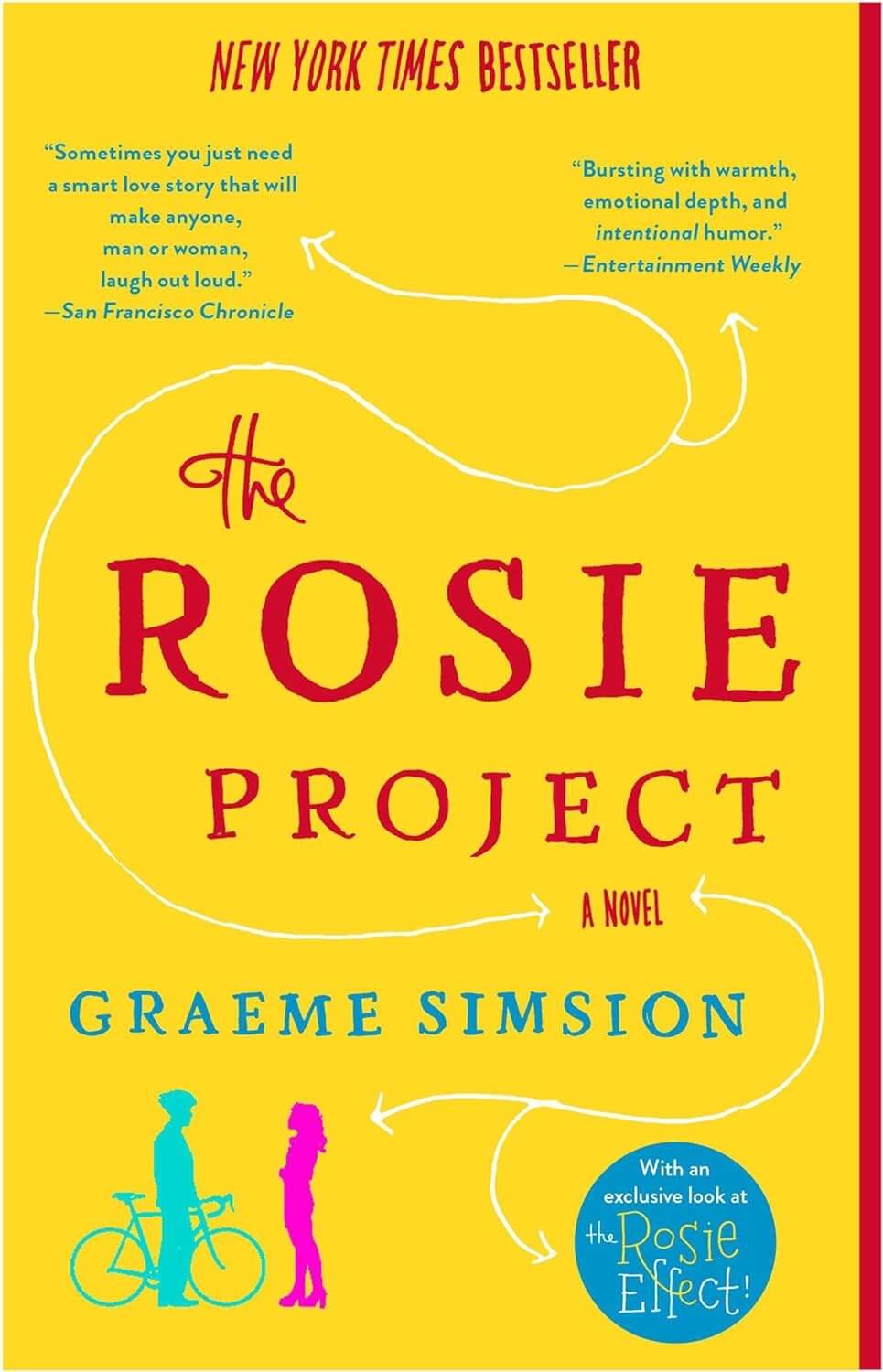
The Rosie Project by Graeme Simsion (Simon & Shuster)
A charming, understated romance featuring a brilliant but socially challenged geneticist who embarks on a quest to find the perfect wife.
Bet Me by Jennifer Crusie (St. Martin’s Press)
A couple start a relationship based on a bet, but find themselves falling for each other. And there’s not a damp blouson in sight.
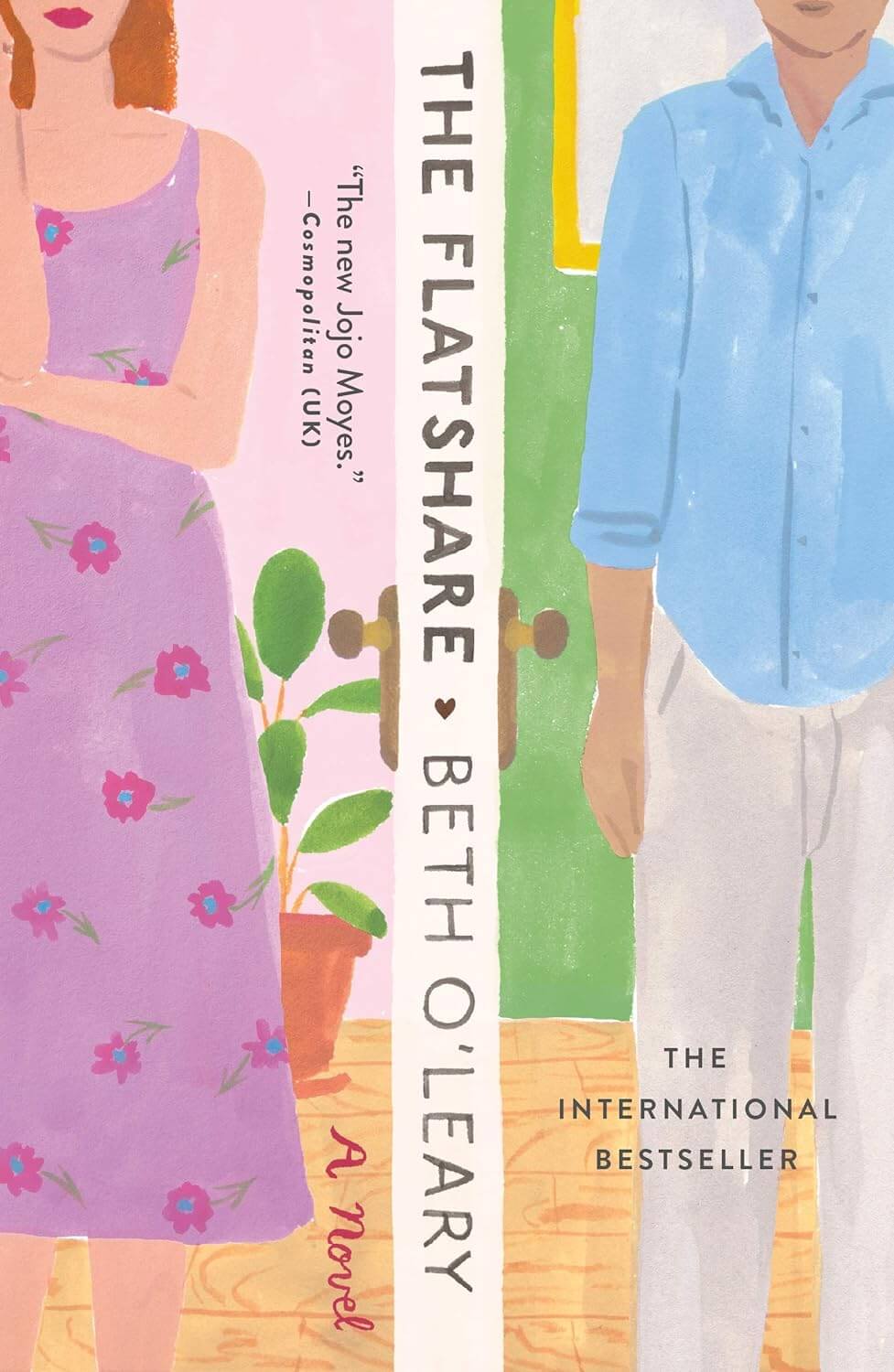
The Flatshare by Beth O’Leary (Flatiron Books)
A heartwarming, quirky romance about two people who share a flat and a bed, but have never met.
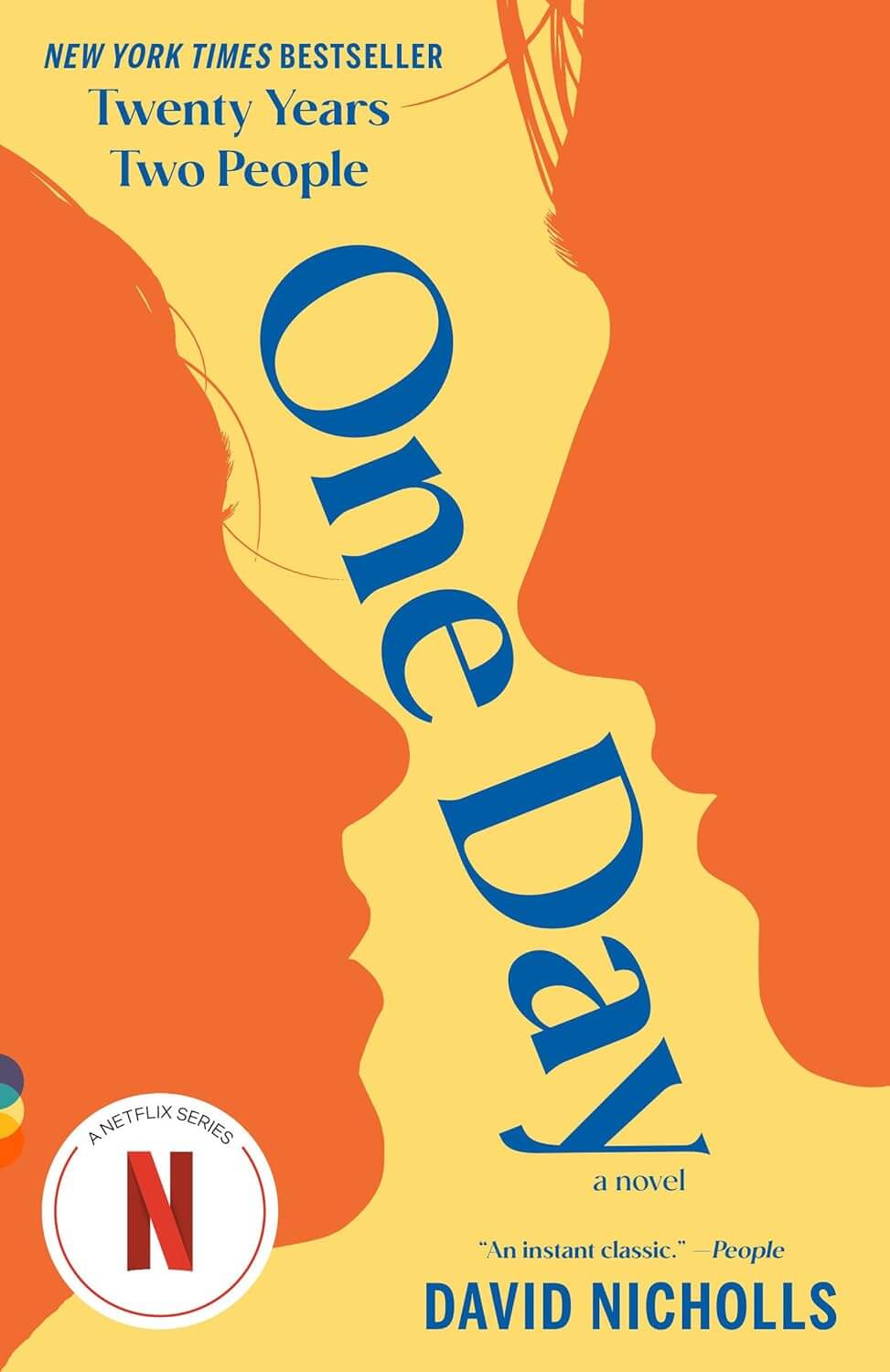
One Day by David Nicholls (Vintage Contemporaries)
More than a Netflix hit, a bittersweet romance that follows the lives of two people on the same day each year for two decades.
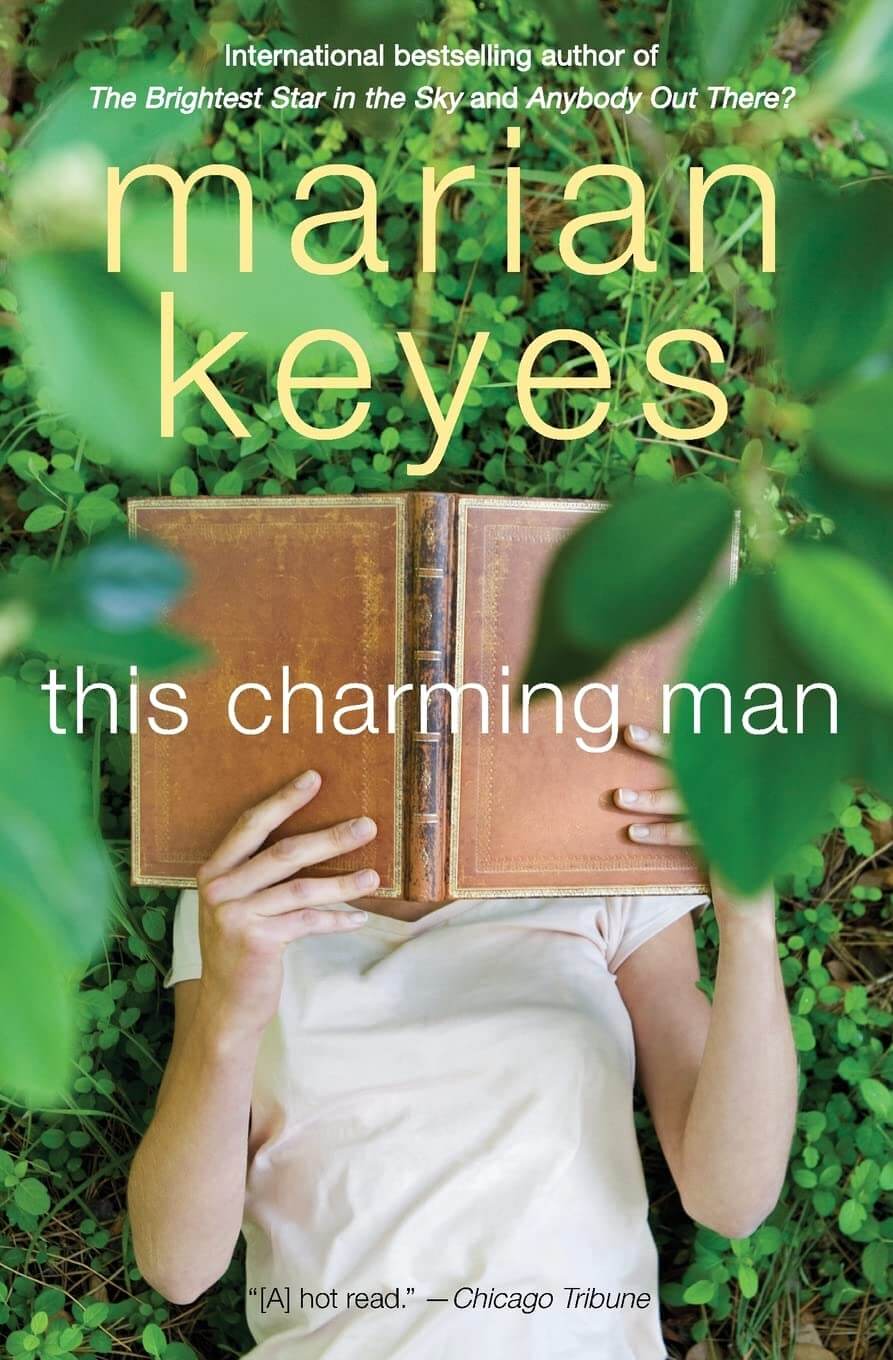
This Charming Man by Marian Keyes (William Morrow)
A charismatic politician who is anything but likeable when the doors shut and the curtains close.
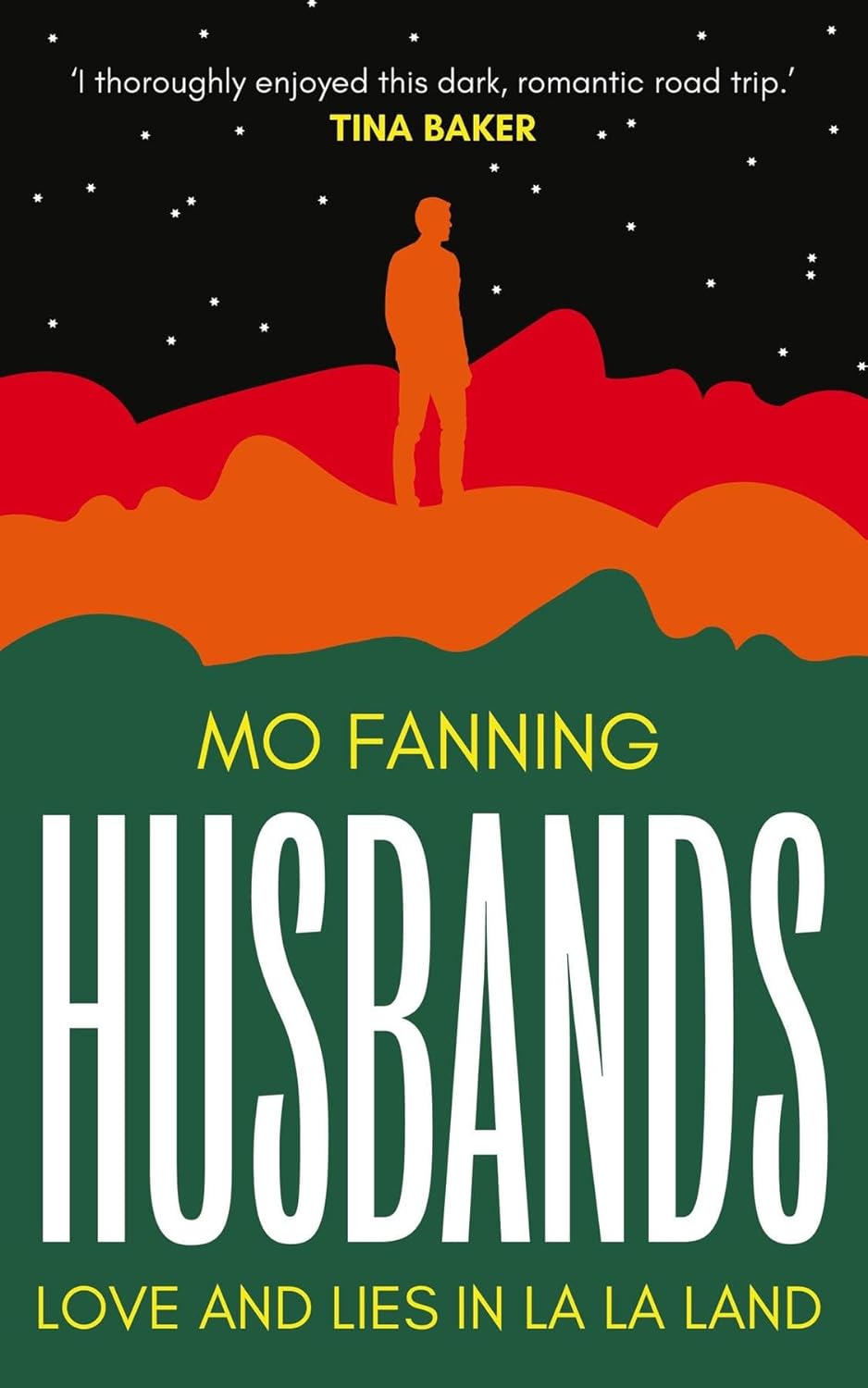
Husbands by Mo Fanning (Spring Street Books)
A dark romcom set against the seedy underbelly of Hollywood – a million miles from your typical love story.
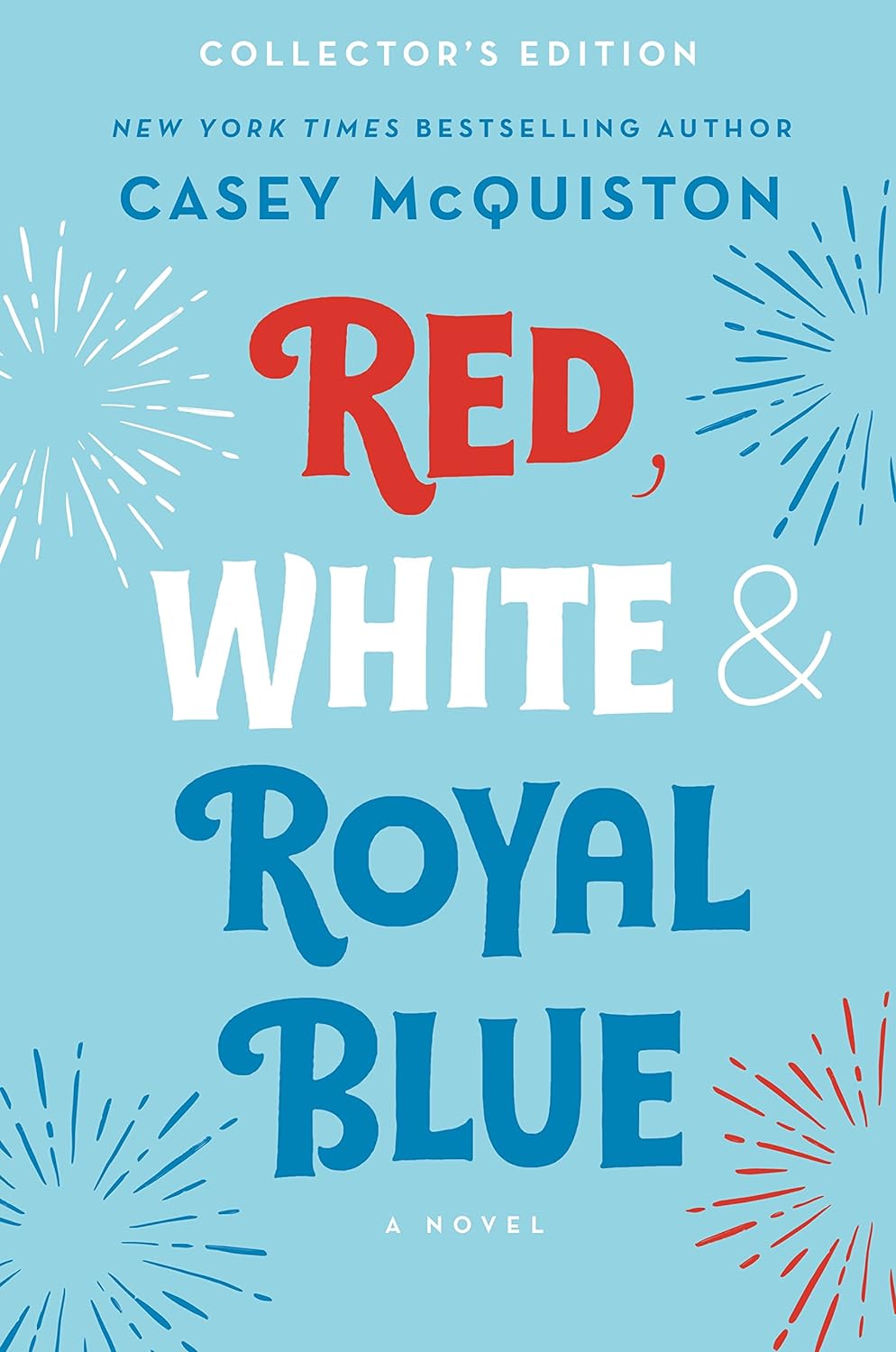
Red, White & Royal Blue by Casey McQuiston (St Martin’s Griffin)
A charming LGBTQ+ romance about the First Son of the United States and the Prince of Wales, who develop a secret relationship.
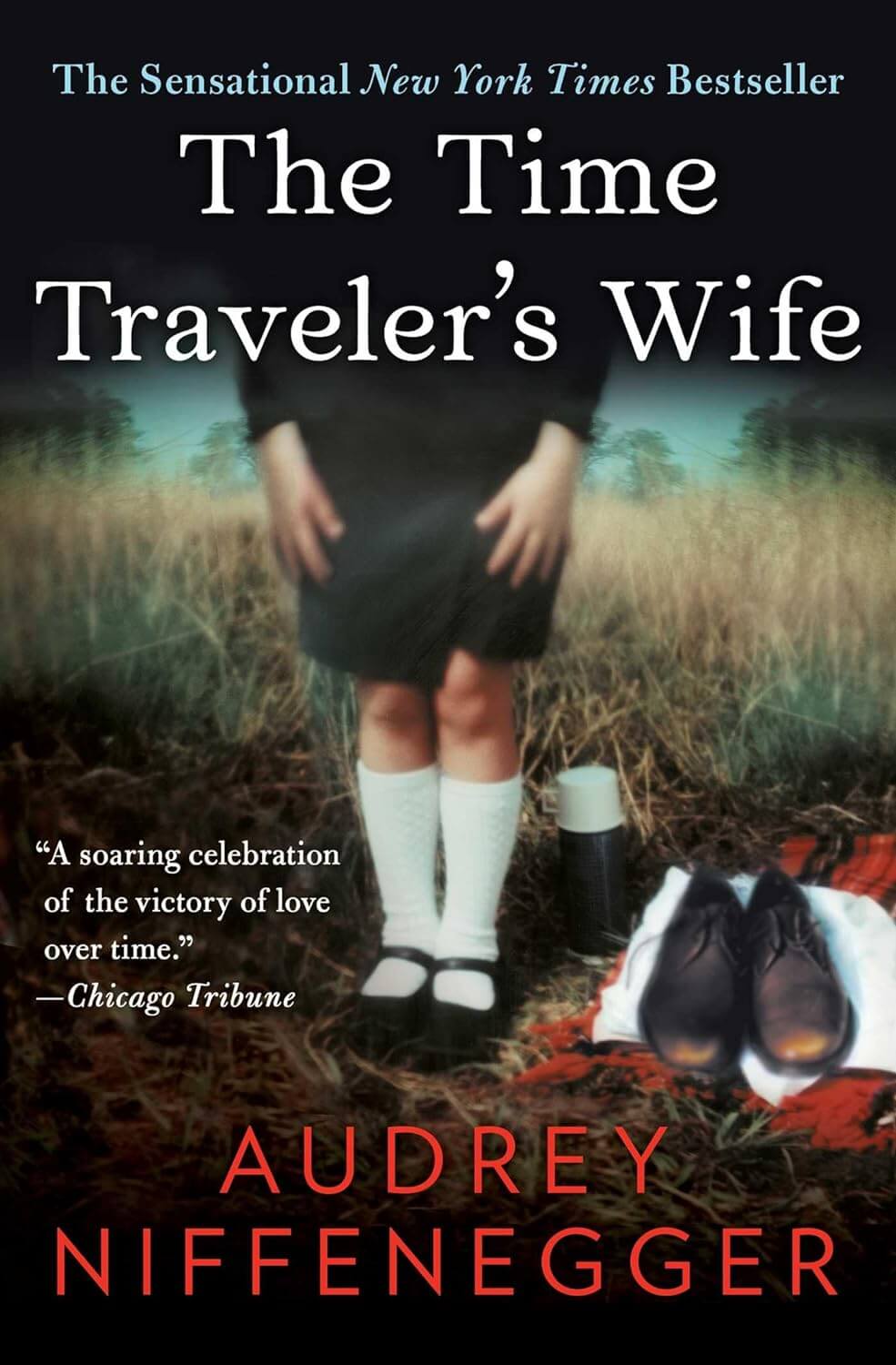
The Time Traveller’s Wife by Audrey Niffenegger (Simon & Shuster)
A unique story about a man with a genetic disorder that causes him to time travel unexpectedly and his wife, who must cope with his absences.
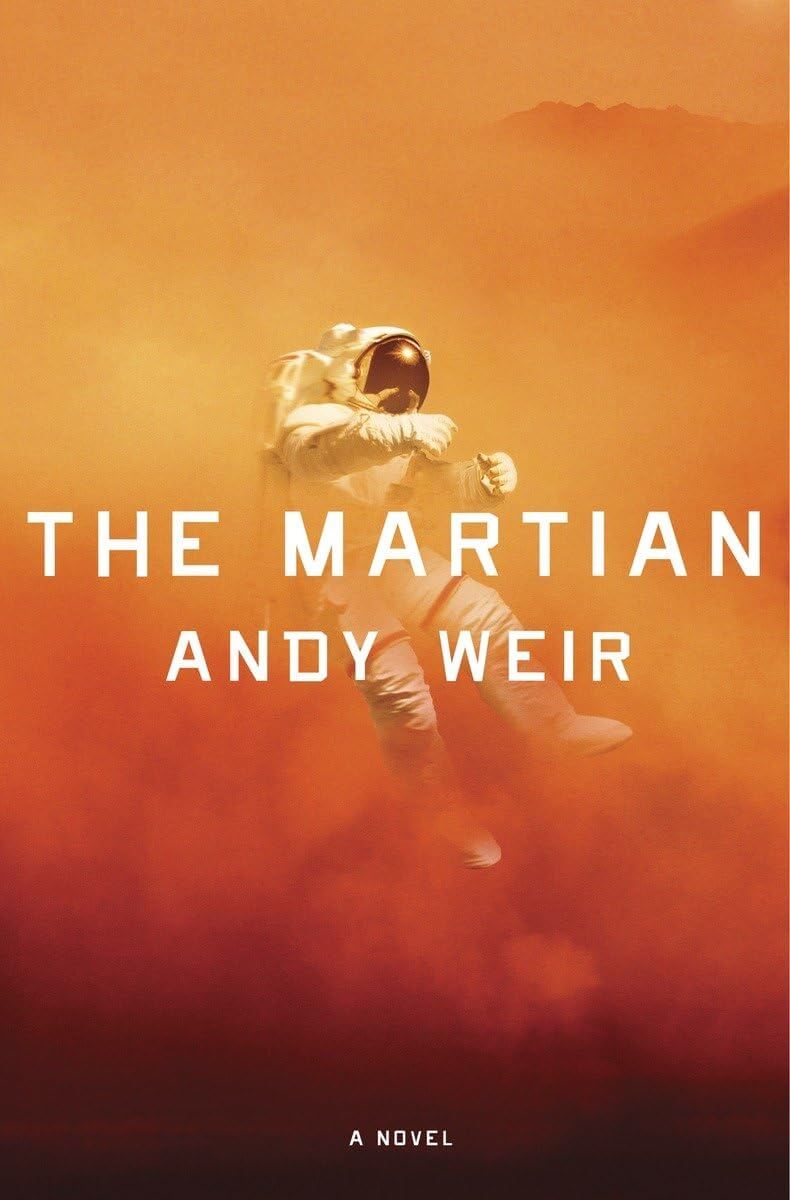
The Martian by Andy Weir (Broadway Books)
This sci-fi novel features a compelling love story between an astronaut stranded on Mars and his Earth-bound girlfriend.
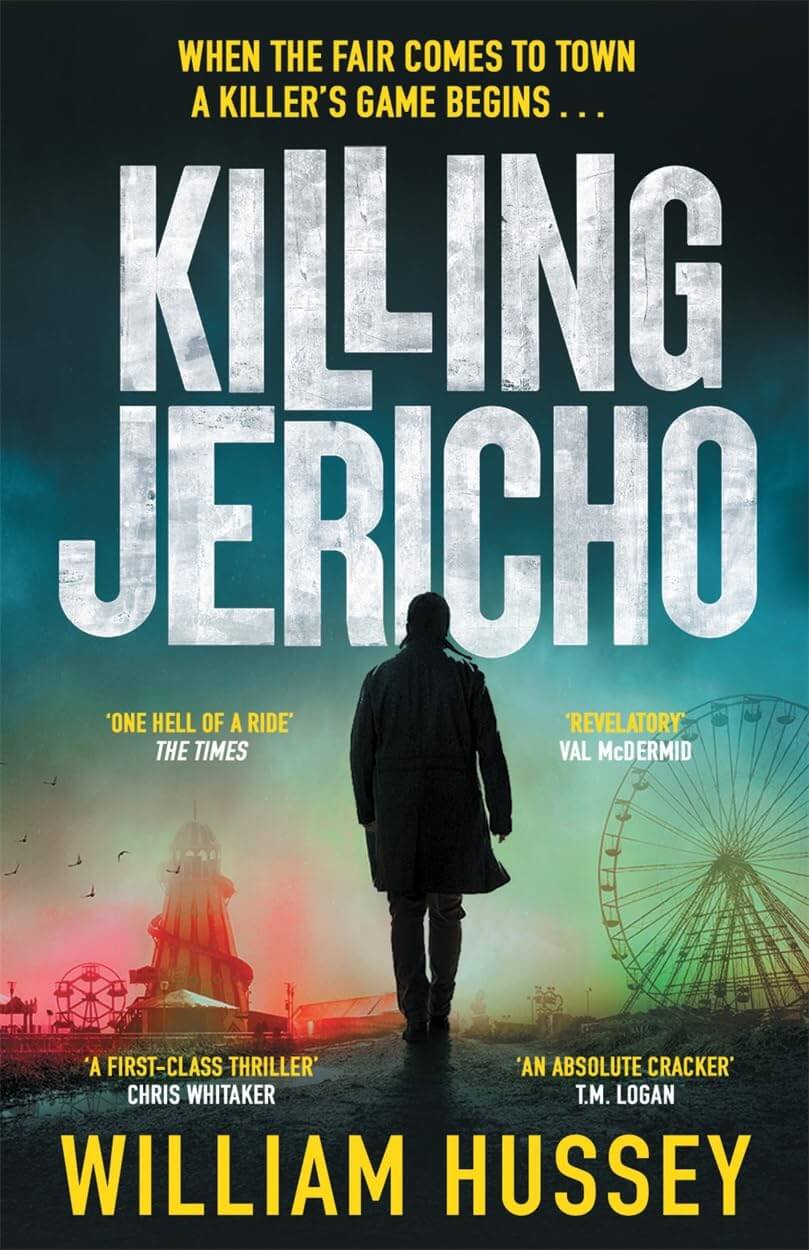
Killing Jericho by William Hussey (Prydwen Publishing)
A flawed former DI with a troubled past navigates a series of mysterious deaths that hit close to home.
About Mo Fanning
Mo Fanning has contributed to 100 Stories for Haiti and written for the Observer travel section. His first novel The Armchair Bride was nominated for Arts Council Book of the Year, and his work was turned into a short play for BBC America. The follow-up, Rebuilding Alexandra Small, which featured in bestseller charts, and Ghosted have established Mo Fanning as a leading voice in LGBTQ romantic comedy novels. His latest novel, Husbands: Love and Lies in La La Land is available from all good book retailers. Visit www.mofanning.co.uk for more information.







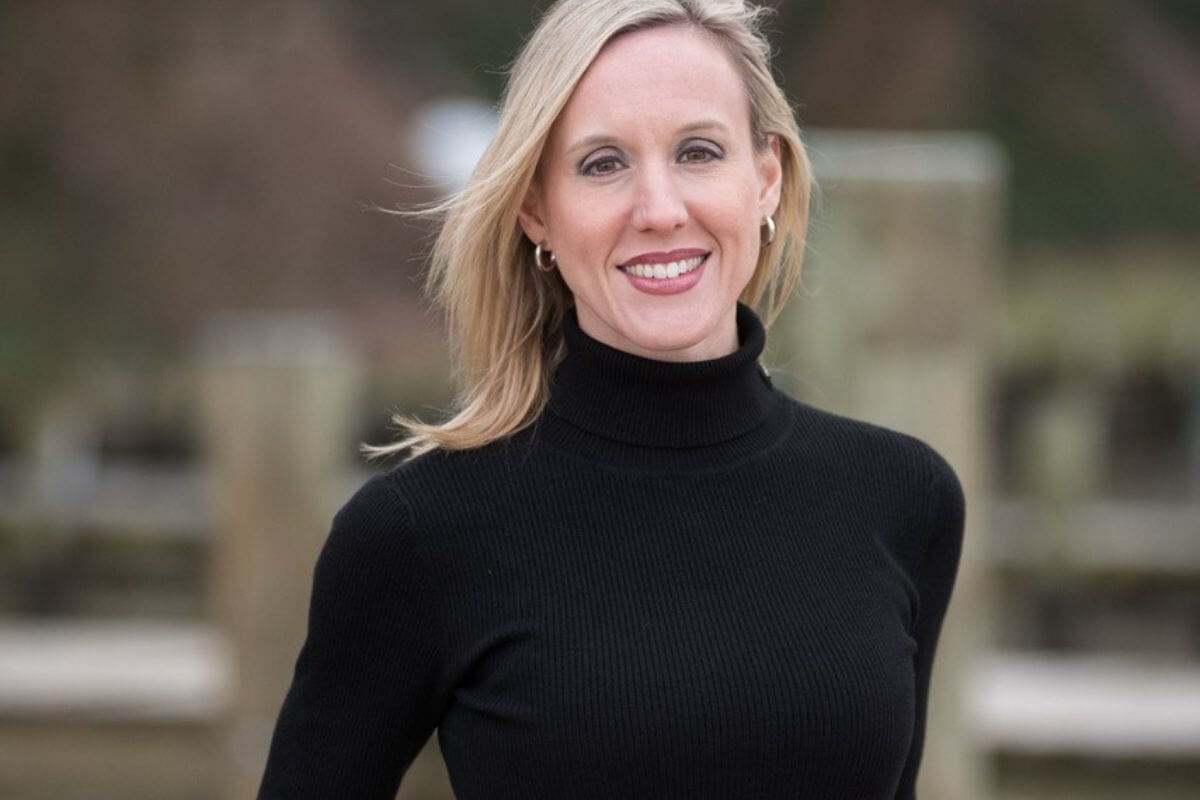





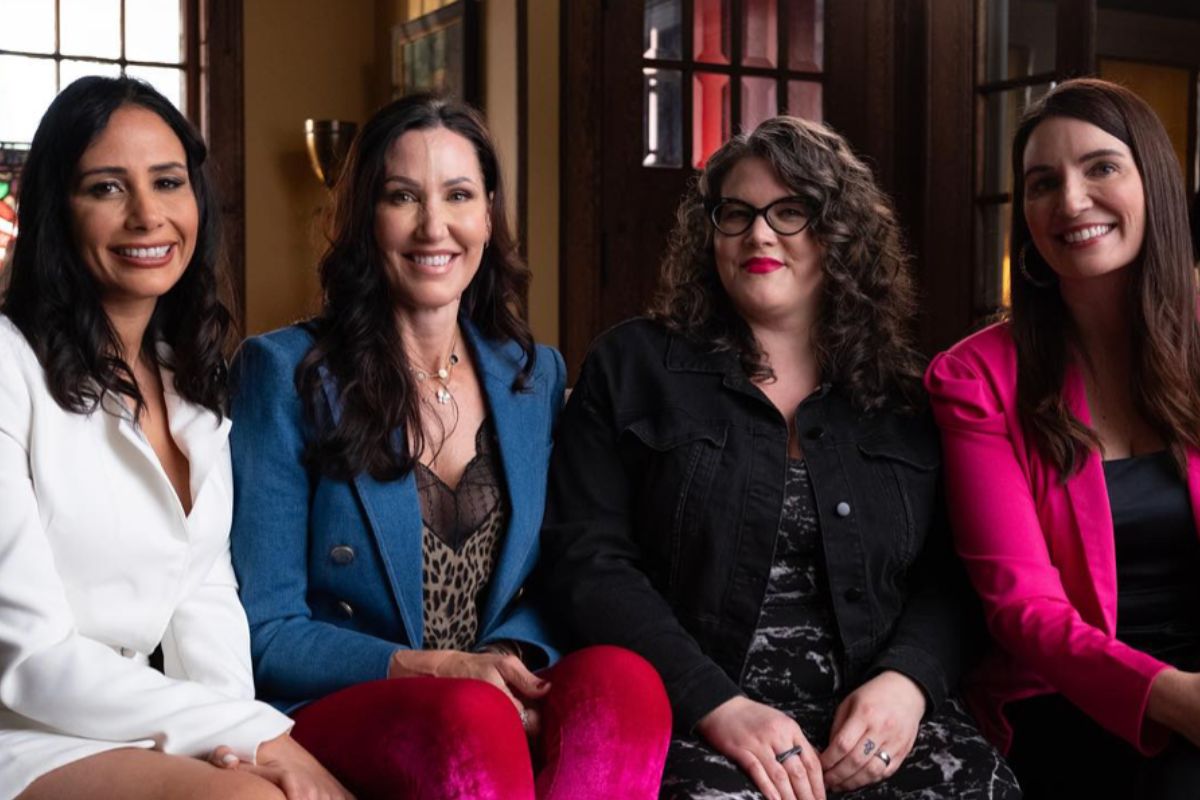
Leave A Comment